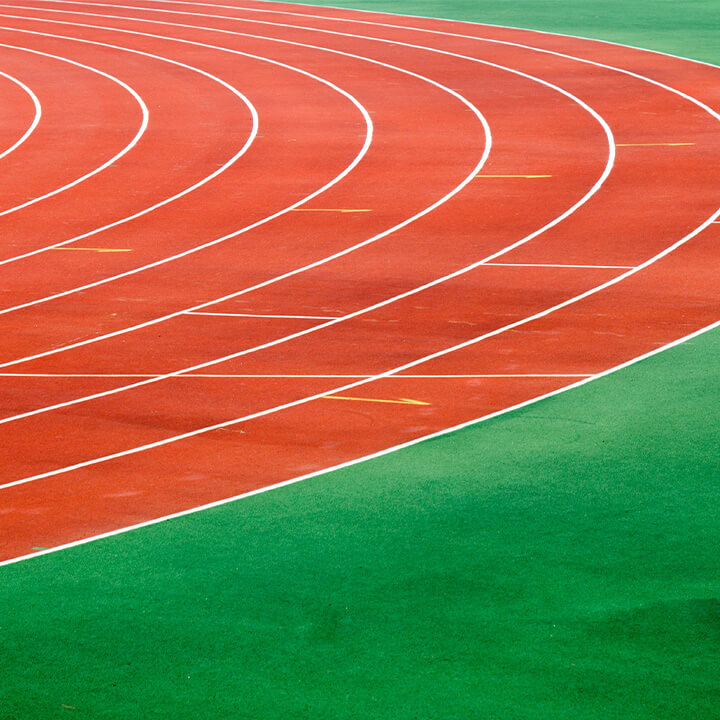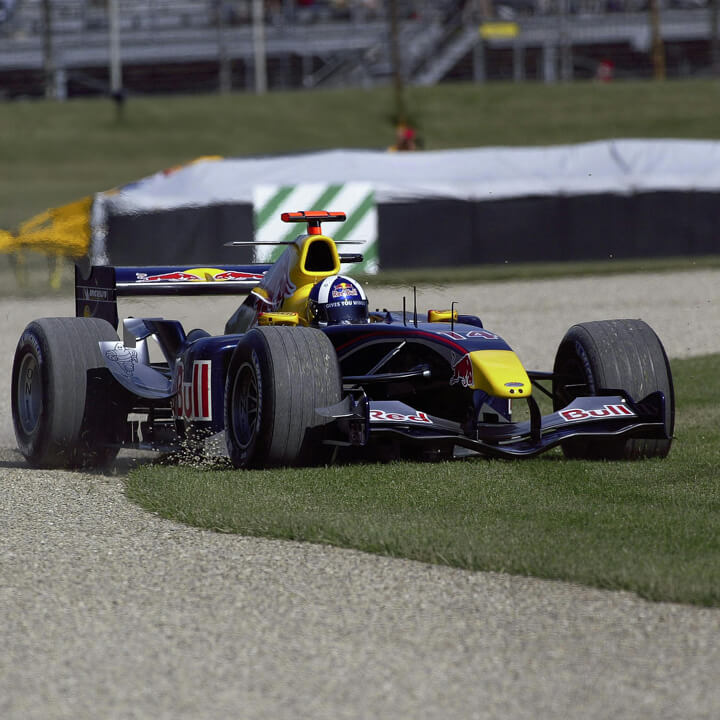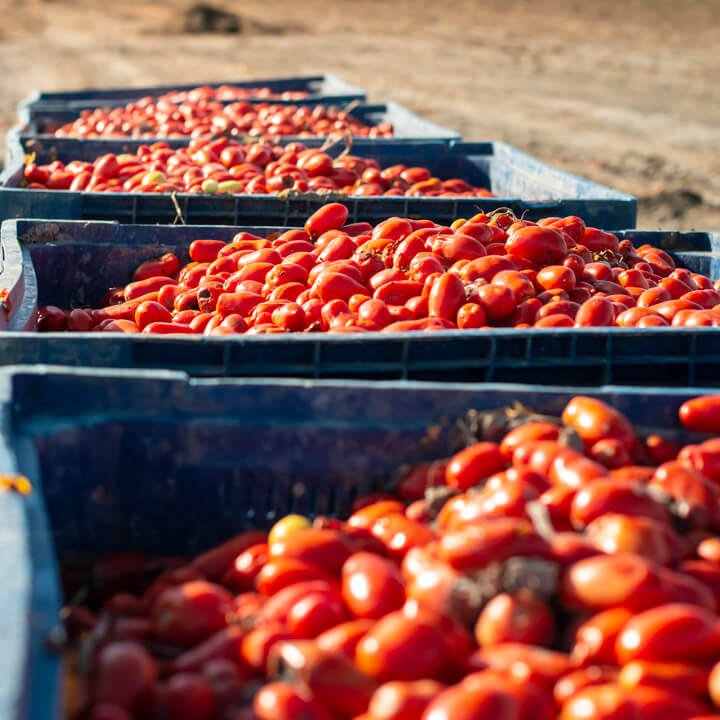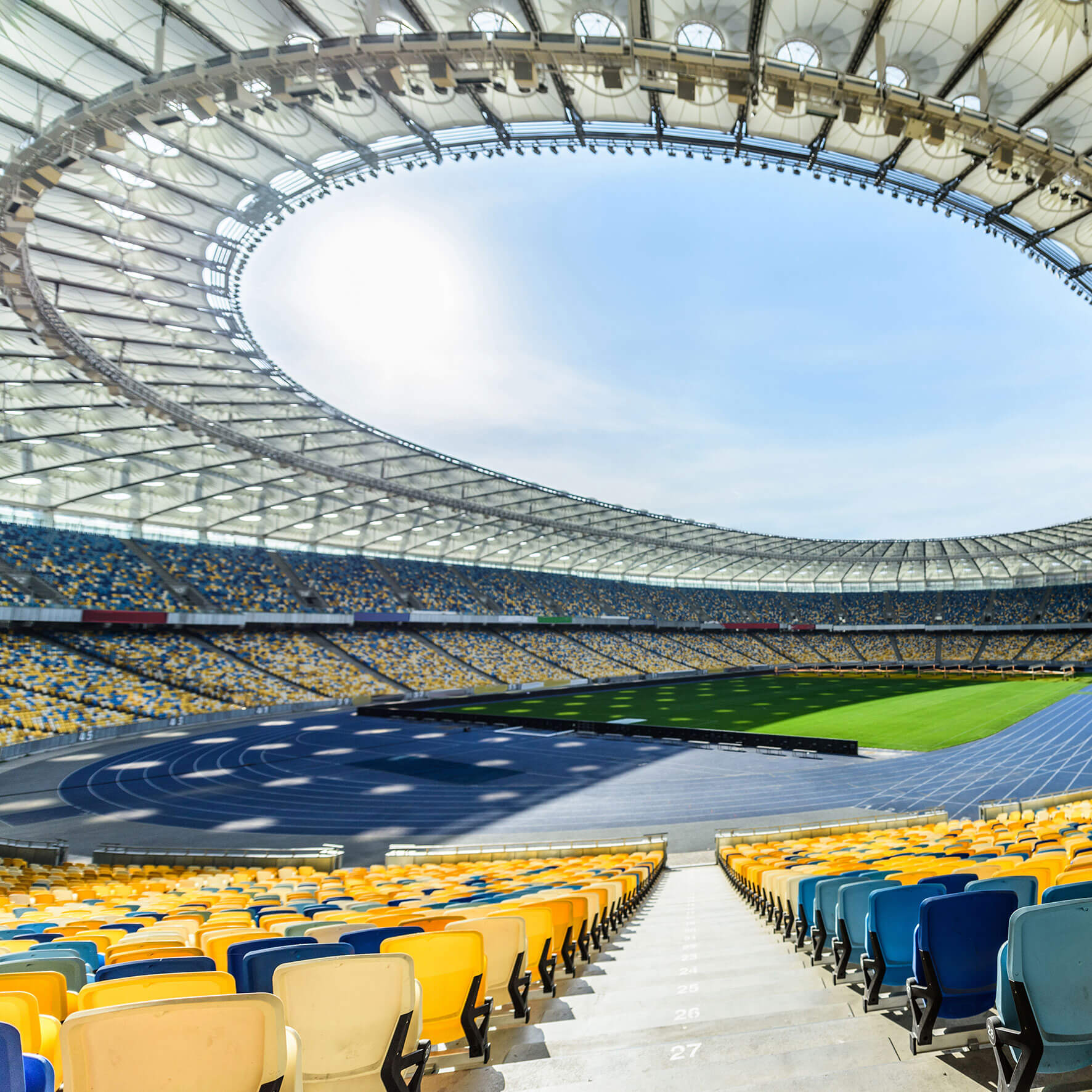Sporting events: IP risks and considerations
25th June 2024
The Topline
“As a summer of sport kicks off, many businesses will try to use this opportunity as a platform for advertising and brand exposure. However, businesses which try to benefit from these events for promotional purposes, need to be aware of the many IP restrictions or they may find themselves faced with an infringement claim, not to mention the costly process of replacing products or advertisements.”
– Alan Harper, Partner, Intellectual Property, Trade Marks & Designs


What are the risks?
Major sporting events such as the Olympics, the Euros, Wimbledon and Formula One generate billions from IP licence and sponsorship fees every year.
Unauthorised use of the organisers’ IP has the potential to devalue their ability to licence their IP and risks damage to their reputation.
This means that, unsurprisingly, using their IP rights without permission is not taken lightly.
How do organisers enforce their rights?
Trade marks
Event organisers protect a significant proportion of their IP rights through trade marks. These trade marks ensure exclusive rights to names, slogans and logos which represent the events.
Given the significant reputation of many large sporting events, an event organiser is likely to bring infringement action against any third parties which use their trade marks for advertising.
Therefore, in order to avoid the risk of significant financial loss and damage to brand identity, third parties should avoid using trade marks without permission. This includes using third party trade marks on packaging, marketing, social media and hashtags.
Copyright
The events also benefit from a range of copyright protection in their original graphics, artwork, designs and even music created for the event. Examples of this includes stadium photographs, official anthems and songs and artwork for the promotion of the event.
Any attempt to use such copyright works without permission is likely to constitute infringement which may be subject to enforcement action.
Implying that there is a direct or indirect partnership is also a significant risk which companies should be aware of when creating content, promotions and products linked to events.
Using words or symbols which imply a commercial connection with the event organiser may have significant legal consequences if used to promote goods and services. This includes: locations, colours, and even phrases which may be associated with a sporting event.
So, what can I use?
A third party is authorised to make descriptive use of a protected trade mark if that use is in accordance with honest commercial practices. However, this defence is very narrow and there have been various businesses that have unsuccessfully relied upon this.
Generic advertising is allowed where no false associations are implied. For example, this means that general sport themes and sport cultures can be used to create content without infringing on the IP rights of large sporting events.
An example
An event which has attracted a lot of attention when it comes to enforcing their IP rights is the Olympics.
The International Olympic Committee (IOC) is known for rigorously protecting their IP and they have already registered several trade marks for Brisbane 2032. Express references to the Olympics for commercial use are strictly prohibited, meaning that the use of words such as “Paris 2024”, “Team GB” and “Olympic Games” could have serious consequences.
It’s important to note that officially protected words are not the only words which may put a company at risk, and in previous years the Olympics have determined that words such as “Games”, “Gold” and “Medals” can be enough to establish an association.
For Paris 2024, the IOC have issued detailed illustrative guidance for non-Olympic partners in order to avoid partnership implications. The guidance sets out further prohibited advertising concepts, including;
- Use of official Olympic apparel in images.
- Use of iconic Paris imagery (such as the Eiffel Tower) which may suggest a connection with the games.
- Significantly increasing the advert distribution frequency during the games period.
The above is not an exhaustive list and companies looking to use sporting events such as the Olympics as an advertisement opportunity should carefully consider any words or images which may create an association.
This also applies to posts made on social media, as the IOC have confirmed that something as simple as a congratulatory post may be prohibited if done incorrectly.
How we can support you
Navigating the rules on IP infringement can be complex and event organisers take a robust approach to protect their IP rights.
To avoid potential infringement claims, we strongly recommend seeking advice from an IP expert prior to creating any sporting event related content.
Walker Morris offers a full IP service. If you have any queries regarding IP infringement or protection, please contact Alan Harper who would be happy to support.







